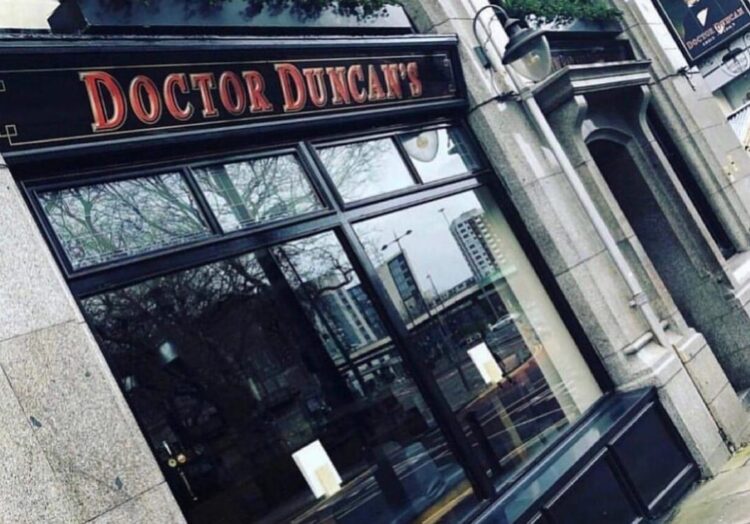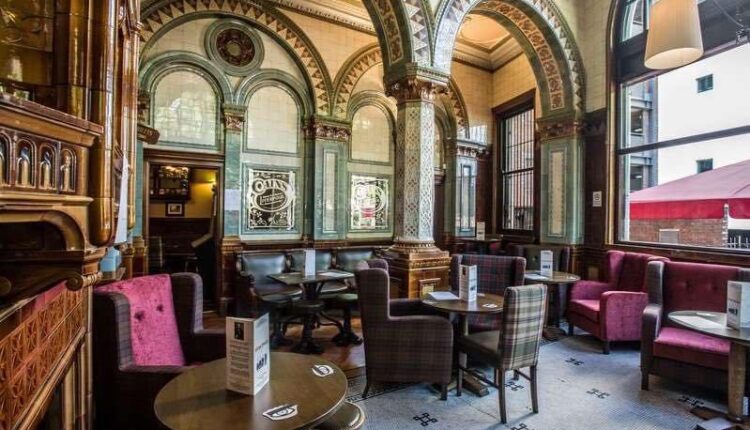120-year-old Liverpool pub undergoes £250,000 revamp
A Liverpool city centre pub dating backing to 1901 and named after a pioneer of public health in the city, is undergoing a £250,000 transformation. Tony McDonough reports

A pub named after a pioneering Liverpool medic is to undergo a £250,000 transformation.
Doctor Duncan’s in St John’s Lane, just across the road from St George’s Hall, dates back to 1901 and was named after William Henry Duncan, Liverpool’s first-ever Medical Officer of Health. The pub will be ready in time for the August Bank Holiday weekend.
In 2018, the outlet was taken over by the Mikhail Hotel & Leisure Group. Chairman Andrew Mikhail said: “This fabulous venue is steeped in history and offers a great place to go for city workers and people enjoying a leisurely drink in great surroundings.
“When we took over the pub in 2018 we could see what a good venue it already was, but could also see huge potential for what it could become.
“We have a proven track record of providing excellent customer service in venues that are refurbished to the highest specifications. While being sympathetic to the fabulous history of the building we believe that those joining us following our refurbishment will love the new look.”
Mikhail is vert active in the Merseyside hospitality sector. It the operator of the new £1.4m Southport Market and its other venues including ArCains, one of Europe’s biggest gaming arcades both based in Cains Brewery Village.
Born in Liverpool to Scottish parents, Dr Duncan worked as a GP with a private practice but he also offered his expertise to the poor and did as much as anyone to expose the squalid conditions endured by thousands of families living close to the port.
During the mid-19th century the city’s population was swollen by people looking for work on the docks. In 1840 Doctor Duncan delivered a report to the Government Select Committee on the Health of Towns.
It revealed that Liverpool had 2,400 ‘closed’ courts housing around 86,000 people with only one privy for 36 people. They were often blocked, he said, and diarrhoea and dysentery were endemic.
Conditions were even worse for some 38,000 people living in cellars. In 1842 he told the Royal Commission on the Poor Law that he doubted there was a single court in Liverpool with an underground drain so that “emanations from this pestilential surface” were liable to lead to fever.
In 1840s Liverpool 53% of children did not make it to the age of five and the average for death due to fever in the city was one in 400. For people living in courts it was as high as one in 30. Doctor Duncan played a key role in making public health a priority.

